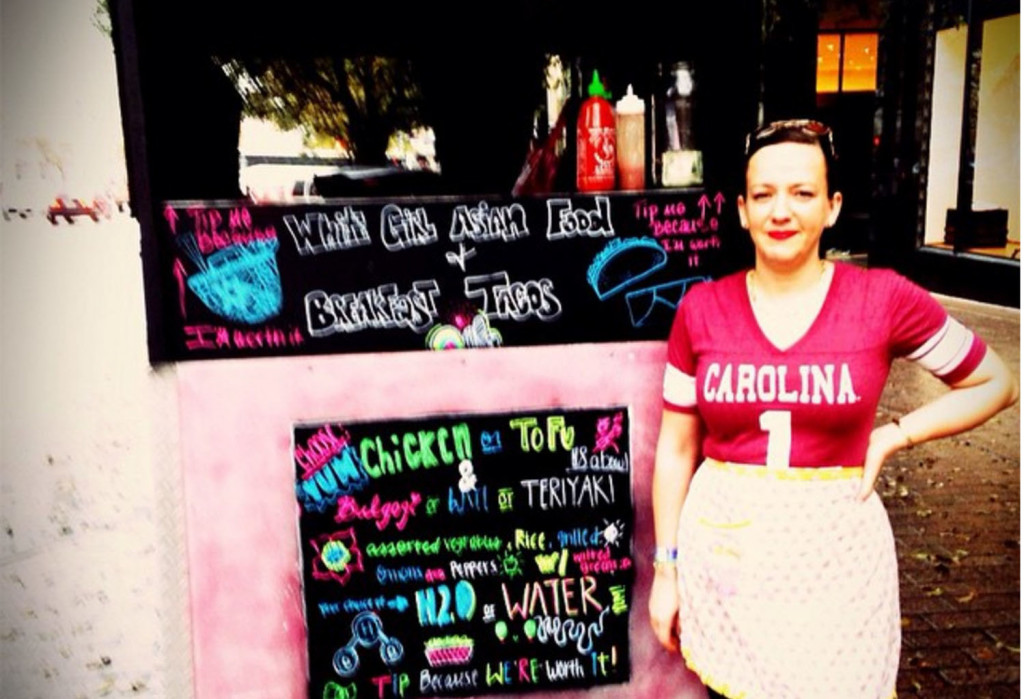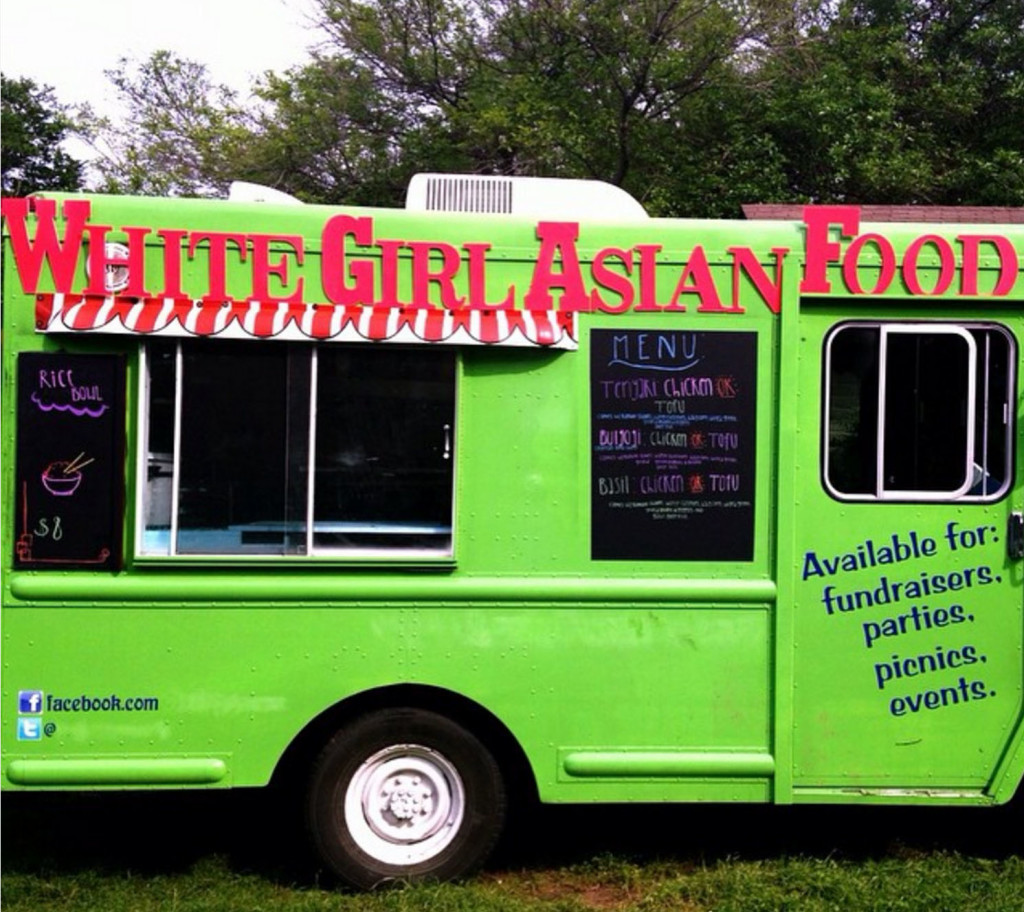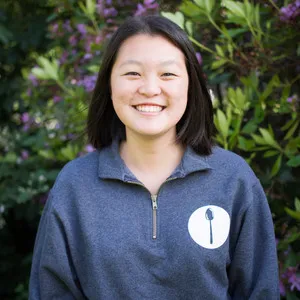Earlier this week, I discovered a food truck named “White Girl Asian Food.” Let me say that again – “White Girl Asian Food” is a real food trailer in Austin, Texas, and it’s been around since 2012.
According to the website, it all started when a white girl asked herself, “What do I want to smell like and what do I want to eat everyday?” Her answer was Asian food, so she created a food truck that sells Asian food named, again, “White Girl Asian Food.”
The food trailer also goes by “Com Bun Yeu” which is literally Vietnamese for “Rice Noodle Love.” But, as a phrase, com bun yeu doesn’t actually mean anything in its native language. According to a friend, you only say yeu — the Vietnamese word for love — after a person you love. For example, nguoi yeu is Vietnamese for “lover” and me yeu means “my loving mother” or “lovely mother.”

Photo courtesy of combunyeu.com
In addition, I couldn’t help but notice that their menu doesn’t even include noodles when its name claims to love noodles. What? Did you Google translate a few words, string them together, and call it a day? Because not only does the name not make sense in Vietnamese, it also doesn’t reflect what’s available. Would you call a place “Pizza Pasta Love” if you didn’t serve pasta? Didn’t think so.
Instead, there are different types of rice bowls and bánh mì such as char siu pork bánh mì and bulgogi chicken rice bowls. They also claim to serve “deliciousness from all over Asia.” However, these dishes barely scrape the surface of Asian cuisine with Korean, Japanese, Chinese, and Vietnamese food and miss a number of others such as Filipino, Indian, Taiwanese, and Thai.
Don’t claim to have great food from “all over Asia” if you aren’t representing cuisines from “all over Asia.” Plus, what is served is more like different types of proteins on rice or in a baguette – it’s not really “Asian food.”
I’m honestly not sure what I think about “White Girl Asian Food.” Based on the website, it doesn’t seem like the girl really knows what Asian food is; it feels like she’s hopping on the Asian food trend and making a business out of it.

Photo courtesy of combunyeu.com
On one hand, I’m glad it doesn’t claim to be authentic Asian food. According to an interview with Vice, she changed the name of the food truck from “Com Bun Yeu” to “White Girl Asian Food,” so people would stop assuming she sells authentic Vietnamese food. Her goal was to make it clear that she was “a white girl cooking [her] rendition of Asian cuisine [and she] couldn’t think of a name that was more honest and straight to the point” than “White Girl Asian Food.”
I also respect her and her family for leaving their home and living out their dreams of owning food trailers – that takes a lot of guts. It’s also amazing that she’s part of the 26% of female-owned food establishments. You go, girl.
But, on the other hand, I’m irritated that she combines the bare bones of a few cuisines and shuffles them under the umbrella of Asian food. There will be people who eat at this food truck and assume this is what Asian food is all about when this is a false representation of an extraordinarily broad cuisine.
At the end of the day, I think the food truck should stay if it receives a large helping of cultural humility. But changing its name (again), in English and Vietnamese, to better represent the food served would be a great next step.


